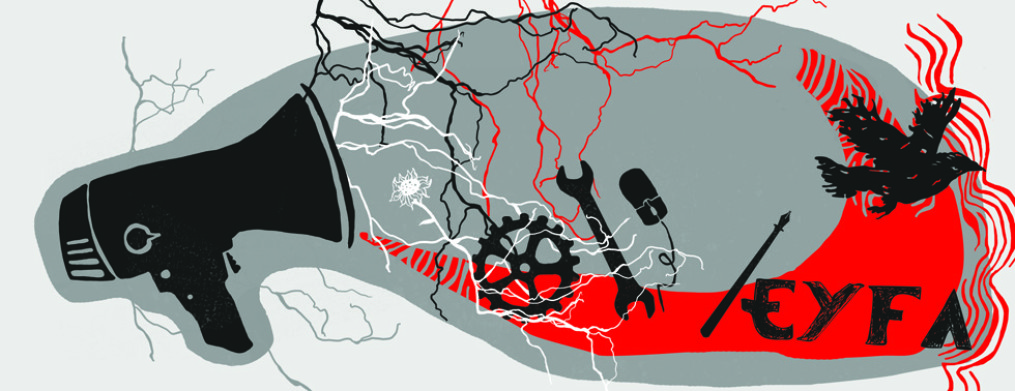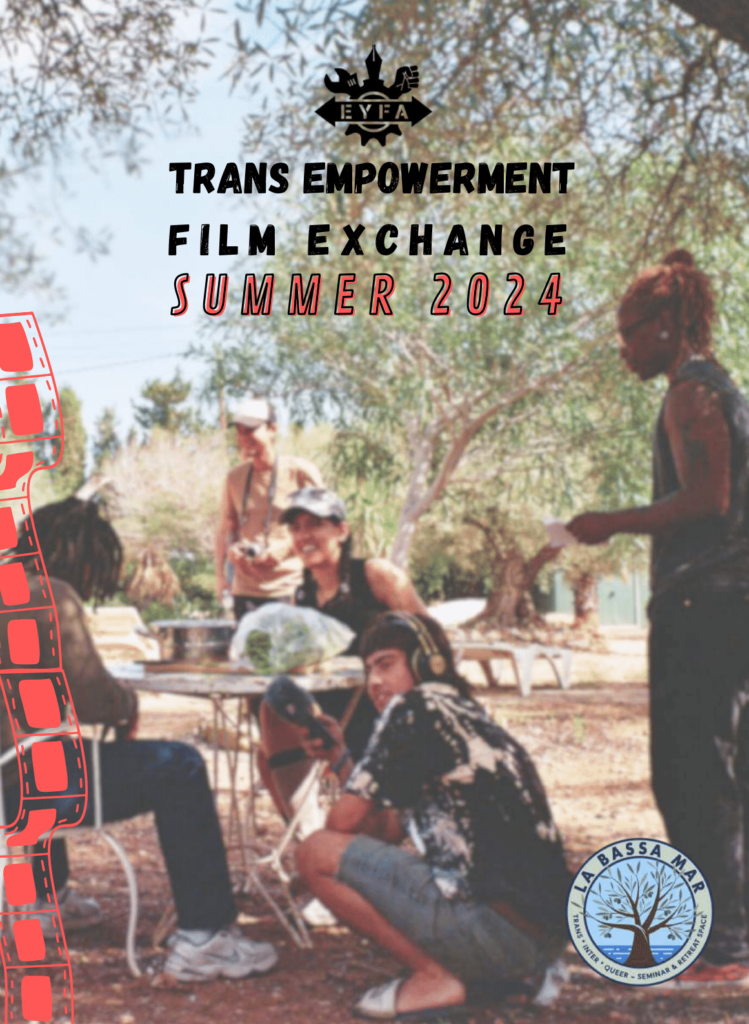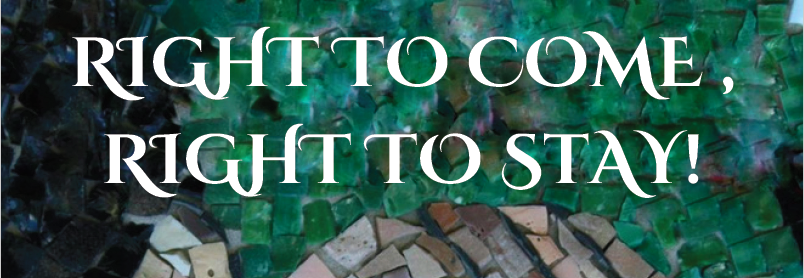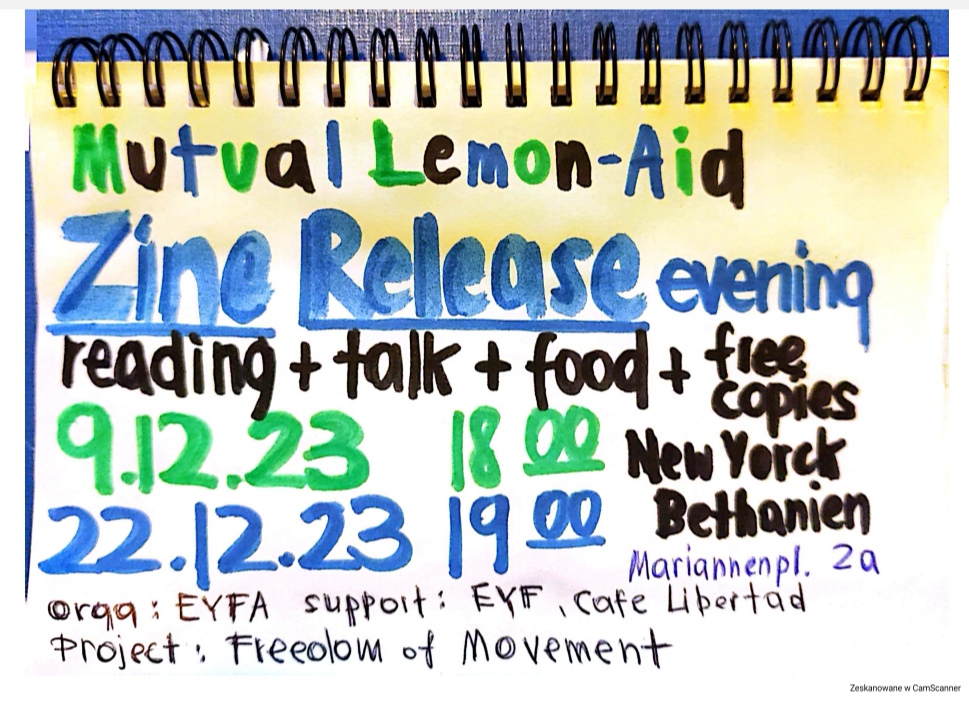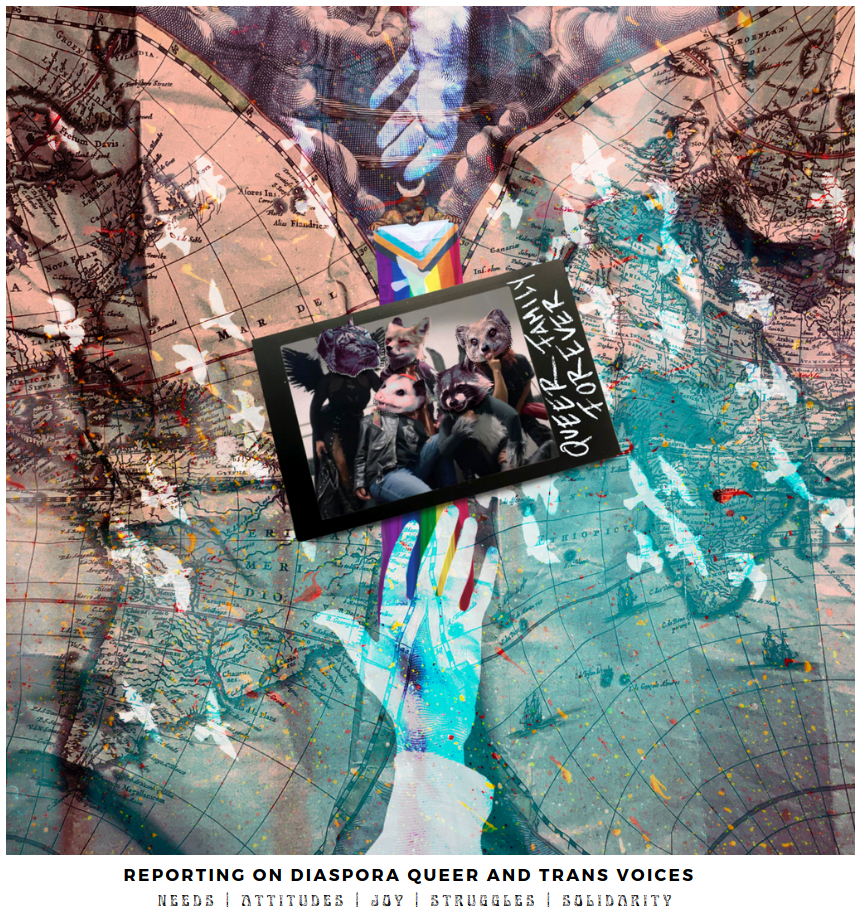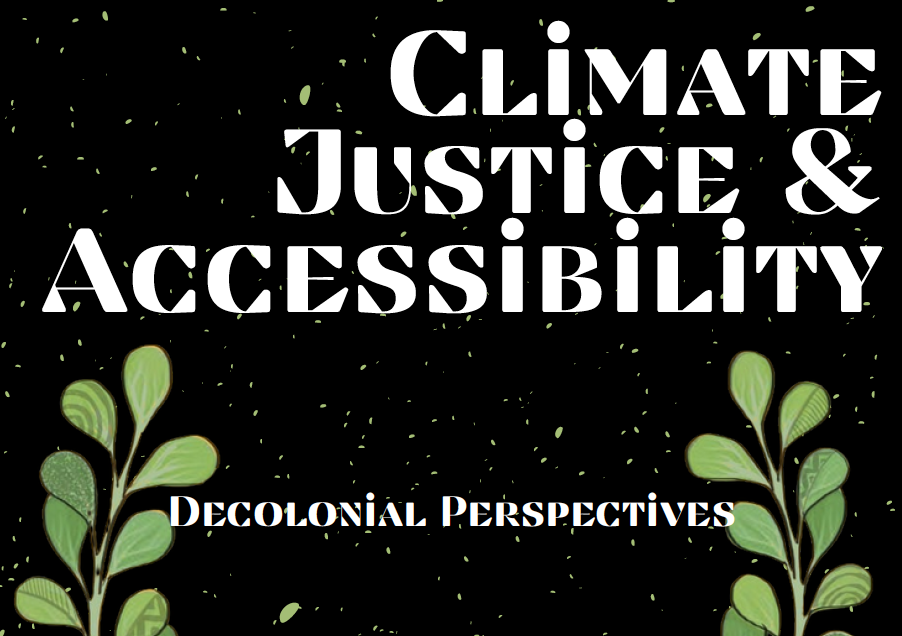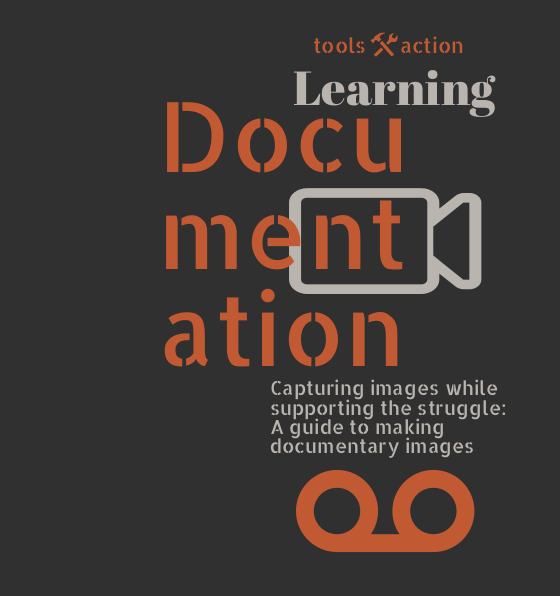Local Event November 2025
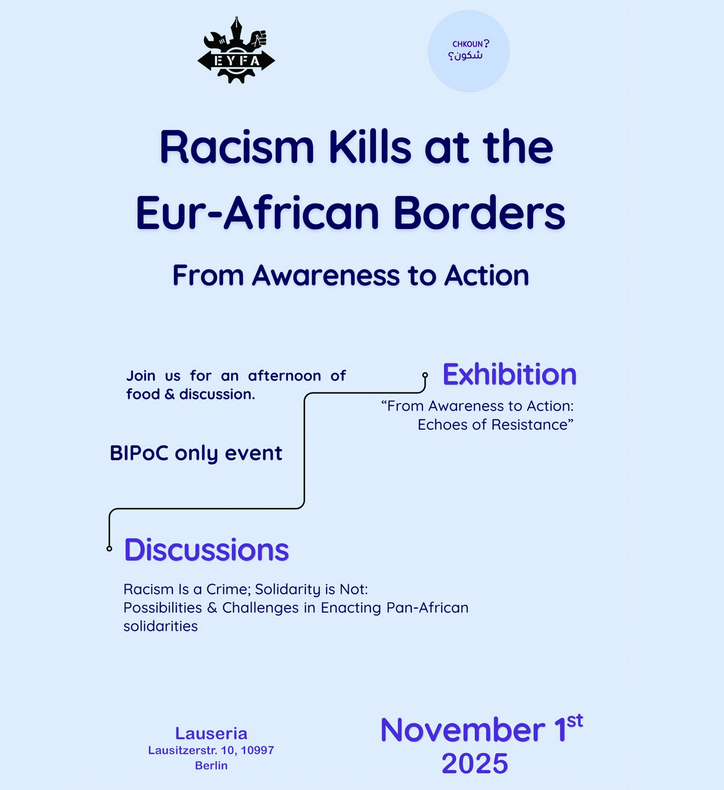
The event took place in Lauseria, Berlin Kreuzberg and focused on anti-racist digital resource sharing as a practical strategy to increase access to existing but fragmented knowledge on systemic anti-Black racism across the Euro-Mediterranean region. Through a collaboration between EYFA Berlin and the Berlin-based Chkoun Collective, and a variety of civil society actors in Europe advocating for human rights, digital resources such as podcasts, videos, testimonies, and activist archives were curated into an exhibition supported by online access tools (QR codes, audio players, video projections, etc.)
You can download the zine below:
